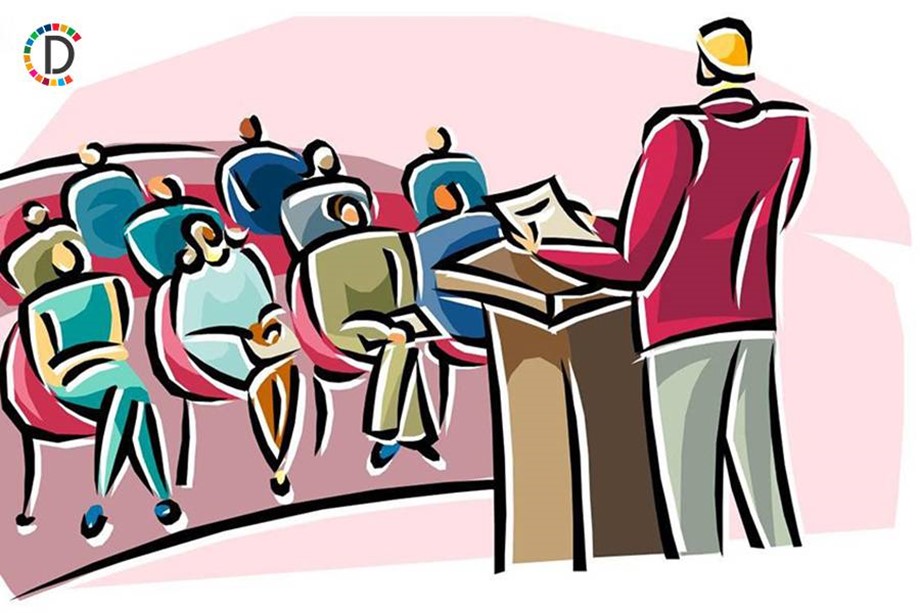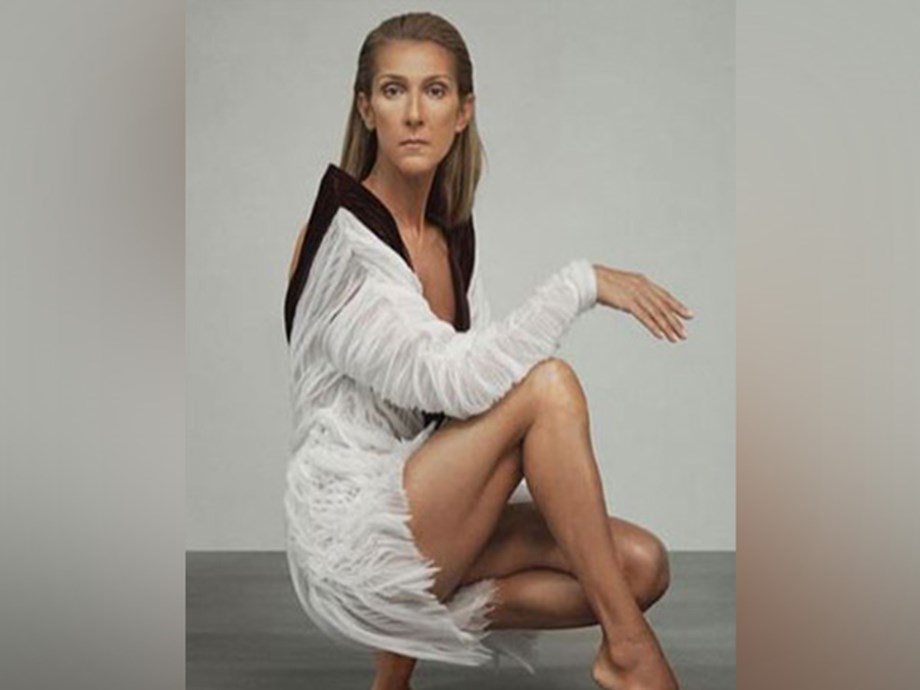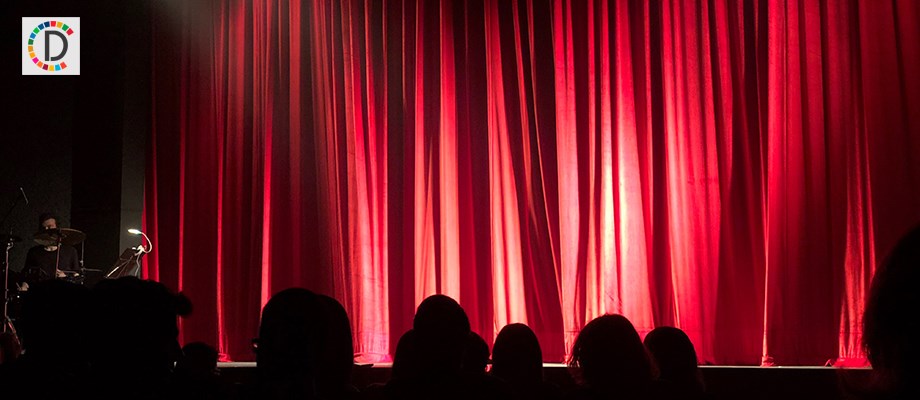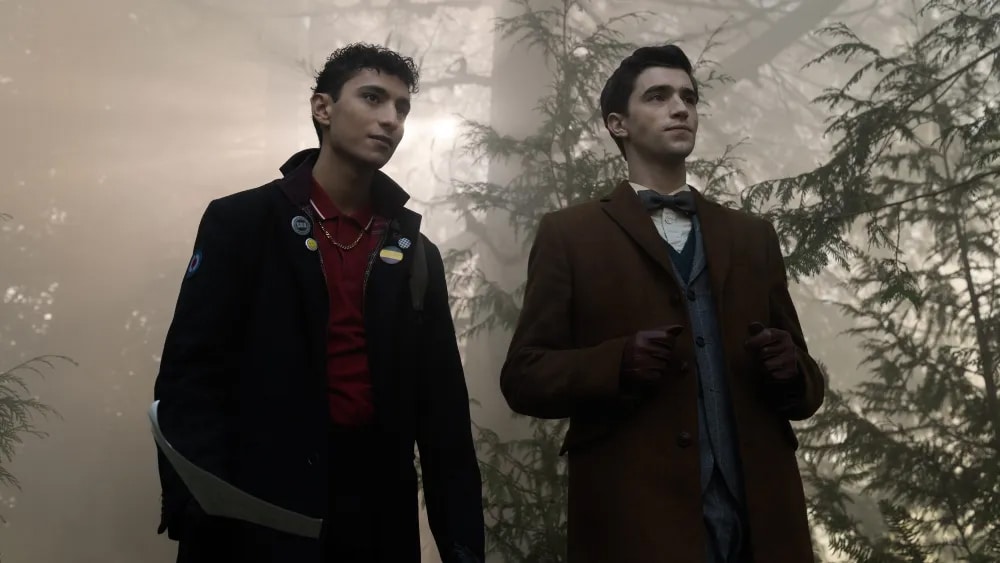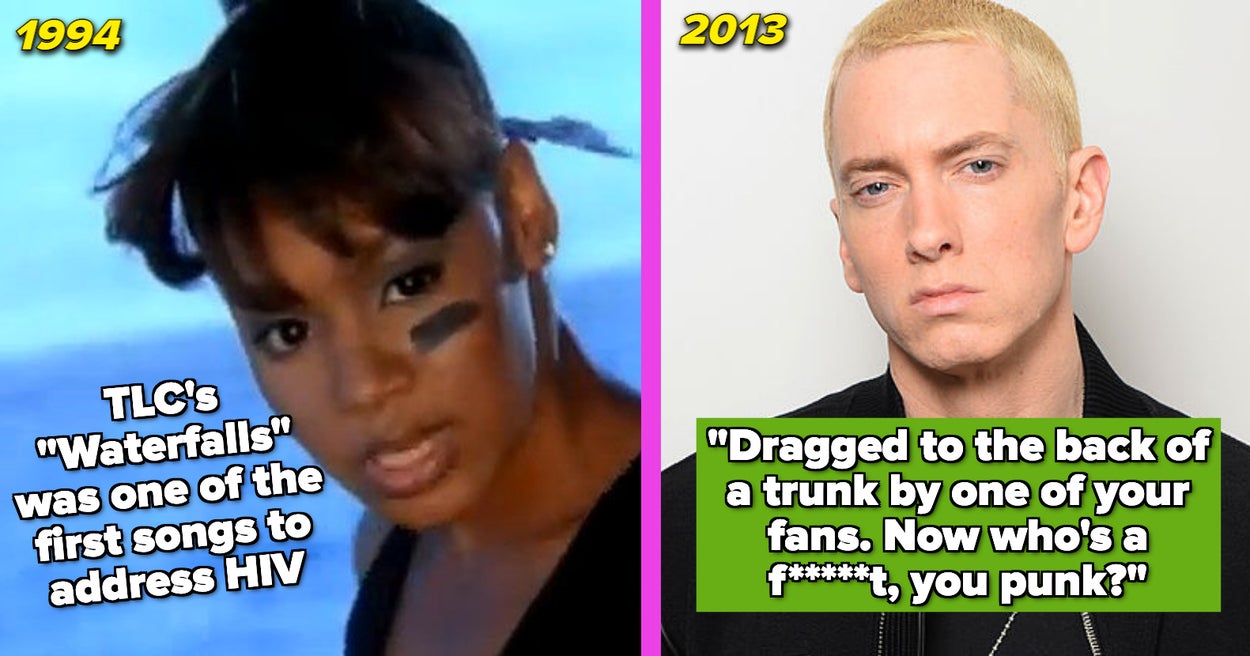
We asked members of the BuzzFeed Community to tell us about some popular, older songs that have always been problematic *and*, alternatively, about a few songs they believe were ahead of their time (to illustrate both sides of how music has aged over the years). Here’s what they had to say:
Warning: Some submissions include topics of domestic abuse, sexual harassment, pedophilia, anti-gay abuse, and anti-Asian hate. Please proceed with caution.
Note: Not all submissions are from Community users — some are from this Reddit thread by user u/82h8z4.
1. A problematic song that hasn’t stood the test of time: “Bad Guy” by Eminem (2013).

 Archive Photos / 20th Century Fox / Getty Images
Archive Photos / 20th Century Fox / Getty Images“Dolly Parton’s ‘9 to 5’ called out the sexism ingrained in workplace culture before it was common to do so. This song came out in the ’80s, but it has just as much relevance to working environments today.”
—hiitsnicetomeetyou
You can listen to “9 to 5” here:

 MTV / Via youtube.com
MTV / Via youtube.com“‘Age Ain’t Nothing but a Number’ is wrong on so many levels because it was written by R. Kelly for Aaliyah when she was only 14 or 15 years old — it’s like a pedophile’s anthem. The fact that R. Kelly married her when she was underage makes this song (and entire album) more than problematic.”
—annelister
You can listen to “Age Ain’t Nothing but a Number” here:

 Steve Eichner / Getty Images
Steve Eichner / Getty Images“‘Let’s Talk About Sex’ by Salt-N-Pepa was done in a way that was accessible for everyone and was damn catchy, at that. I was maybe 10 years old when it came out, and even I understood what was being said and how important it was, and still is today.”
—sarahdianna
You can listen to “Let’s Talk About Sex” here:

 Michael Ochs Archives / Getty Images
Michael Ochs Archives / Getty Images“How about ‘Run for Your Life’ by the Fab Four themselves? They’d never write anything problematic, surely??? ‘You better run for your life if you can, little girl / Hide your head in the sand, little girl / Catch you with another man — that’s the end, little girl.’ Yeah, even the Beatles could write some seriously dodgy music, like a song about a guy threatening to kill a girl if he sees her loving a different man.”
—Clothilde
You can listen to “Run for Your Life” here:

 Michael Ochs Archives / Getty Images
Michael Ochs Archives / Getty Images“‘Big Yellow Taxi’ by Joni Mitchell was released in 1970 and covered all the dangers of destroying wildlife and the planet. It was way ahead of its time!”
—khrushchev
You can listen to “Big Yellow Taxi” here:

 Fairfax Media Archives / Getty Images
Fairfax Media Archives / Getty Images“‘Turning Japanese’ by the Vapors reeks of racism, with the song allegedly being about the ‘squinting face’ one makes while climaxing. The fact that they sing these lyrics with ‘Oriental riffs’ playing in the background is awful. The line ‘No sex, no drugs, no wine, no women’ sounds to me like the singer is trying to imitate a Japanese accent, but I could be wrong.”
—buddleia
You can listen to “Turning Japanese” here:

 Metronome / Getty Images
Metronome / Getty ImagesHoliday’s song “Strange Fruit” (originally recorded in 1939 and then again in 1944) is heartbreakingly brilliant. She sang about an important issue that most people refused to even acknowledge in the ’30s, which was the lynchings of innocent Black citizens in the US.
You can listen to the 1944 version of “Strange Fruit” here:

 Prince Williams / WireImage / Getty Images
Prince Williams / WireImage / Getty Images“Besides the actual verse, the most absurd thing about ‘U.O.E.N.O.’ has to be the shit apology Rick Ross ended up giving after receiving backlash for his verse. So because he ‘only insinuated’ and described the act of drugging and raping someone but didn’t explicitly state what he was doing was rape, we shouldn’t be so hard on him? Come on.”
—u/GuitarHero308
You can listen to Ross’s verse on “U.O.E.N.O.” here:

 Sylvia Pitcher / Getty Images
Sylvia Pitcher / Getty Images“Loretta Lynn wrote a bunch of feminist songs — her song ‘The Pill’ was banned in a lot of places. It wasn’t one of her best songs, but it was gutsy to sing about a taboo subject like birth control at all when it came out in the ’70s. She also wrote about how difficult it was for a porced woman to navigate social settings in ‘Rated X’ (1973), and not thinking your children are perfect in ‘You’re the Reason Our Kids Are Ugly’ (1978), all with a sense of humor.”
—rebeccam4e04c2006
You can listen to “The Pill” here:

 Neilson Barnard / Getty Images
Neilson Barnard / Getty Images“‘Villuminati’ by J. Cole — the point of the ‘my verbal AK slay f*ggots’ verse is really confusing because of the delivery and all of the back-and-forth. So, to me, it just comes off as misguided and unnecessary. I don’t think Cole is intentionally being anti-gay in this song, but he tries to make a point that gets really confusing, so he’s just yelling anti-gay slurs over and over again — literally every line gets worse.”
—u/ThereIsNoSantaClaus
“It’s obviously messy AF, and if someone can’t clearly deliver a message about something harmful, don’t even try to.”
—u/amumumyspiritanimal
You can listen to “Villuminati” here:

 Ron Davis / Getty Images
Ron Davis / Getty Images“Waterfalls” by TLC was way ahead of its time and more groundbreaking than most people realize. This famous group wrote and performed one of the first songs about HIV in the most unfiltered way, without the stigma around this important topic that most people at the time refused to acknowledge in music.
You can listen to “Waterfalls” here:

 Brian Cooke / Redferns / Getty Images
Brian Cooke / Redferns / Getty Images“I loved the song when I was young, but then I grew up and listened to the lyrics. It’s basically about a guy trying to talk a young woman into sleeping with him by saying creepy things thinly veiled by nice words (maybe even an older dude trying to trick a ‘newly legal’ woman).”
—hallamichellem
You can listen to “Come On Eileen” here:

 Icon And Image / Getty Images
Icon And Image / Getty ImagesBefore the oral sex anthem “Watermelon Sugar” by Harry Styles, there was Prince’s “Head.” He was, without a doubt, a revolutionary when it came to the music world, and his third studio album, Dirty Mind, was a huge example of that. On this album, Prince covered many sexual topics that were otherwise not discussed in mainstream music, like sexual freedom and experimentation. Although “Head” wasn’t a lead single, fans still recognize it as one of his most daring and unfiltered songs, and it helped shape the way musicians covered sex in decades to come.
You can listen to “Head” here:

 Guitarist Magazine / Future via Getty Images
Guitarist Magazine / Future via Getty Images“‘Daughters’ by John Mayer is disturbing, tbh. Him singing, ‘Fathers, be good to your daughters’ and ‘Girls become lovers who turn into mothers’ just gives off a really creepy vibe. He sees women as objects and how they’re only good for loving men and making babies. The song plays at my work all the time, and it disgusts me.”
—lexluthors
You can listen to “Daughters” here:

 Redferns / Getty Images
Redferns / Getty ImagesIn her first lead single as an artist, Simon tackled a big issue most women in the early ’70s were experiencing: the idea of getting married to fulfill societal expectations versus protesting the “norm.” Simon expresses her friends’ unhappiness in “That’s the Way” after they’ve settled down with a partner, a notion that certainly rings true 51 years later. It’s become an anthem for women who choose not to get married because they’re perfectly content as they are, and refuse to change to satisfy anyone else’s needs but their own.
You can listen to “That’s the Way I’ve Always Heard It Should Be” here:

 Maureen Donaldson / Getty Images
Maureen Donaldson / Getty Images“I love Sir Elton John, but his song ‘Island Girl’ from the ’70s is both racist and sexist (we can thank Bernie Taupin for the lyrics). It’s about a Jamaican sex worker who services white men — the song describes her as being ‘Black as coal, but she burn like a fire’ and asks the ‘island girl’ what she wants from the white man’s world since ‘Black boy’ wants her in his island world. It was a huge hit back then, but Elton doesn’t perform it in concert anymore (for good reason).”
—[deleted]
You can listen to “Island Girl” here:

 Dave Tonge / Getty Images
Dave Tonge / Getty Images“Sex work is considered way more valid now than back in the early 2000s. ‘What Would You Do?’ highlighted very real issues that still plague us, like the ongoing cycle of sexual abuse and how it can affect people for the rest of their lives (the lyrics about waking up ‘hoping to die’). City High sang about the need for all of us to be more compassionate to each other.”
—childrenofthecornbread
You can listen to “What Would You Do?” here:

 Michael Ochs Archives / Getty Images
Michael Ochs Archives / Getty Images“Good Morning, Little School Girl,” written by Sonny Boy Williamson and recorded by the Grateful Dead in 1967, is about an older man who’s sexually attracted to a teenage girl he notices walking home every day after school. It’s unfortunately one of many classic rock songs about an older man preying on a much younger woman, and yet it’s a favorite among Dead fans.”
“The song title speaks for itself.”
—promising.young.woman
You can listen to “Good Morning, Little School Girl” here:

 Jim Britt / Getty Images
Jim Britt / Getty ImagesMotown founder Berry Gordy originally didn’t want Gaye to release “What’s Going On” because he thought it was too political (Gordy was used to producing popular hits about lighter subjects, while Gaye wanted to record a song about the injustice of the Vietnam War). Gaye went on a recording strike until Gordy approved the song, and once he did, it became Motown’s fastest-selling song at the time.
You can listen to “What’s Going On” here:

View this video on YouTube
The song’s trailblazing lyrics:
“Picket lines (brother)
And picket signs (brother)
Don’t punish me (brother)
With brutality (brother).
Come on, talk to me (brother)
So you can see (brother)
Oh, what’s going on (what’s going on).”
Note: Some submissions have been edited for length and/or clarity.















































